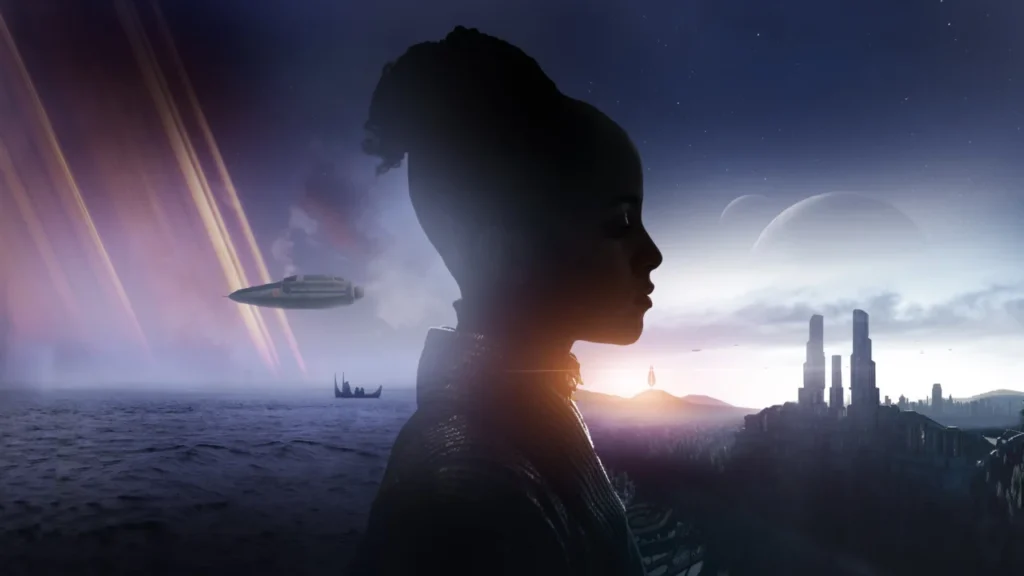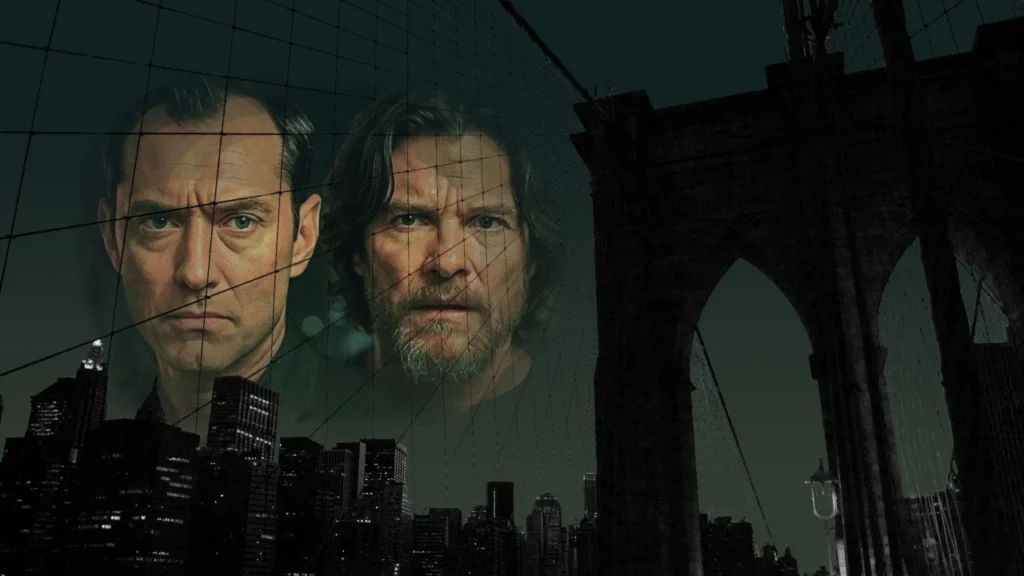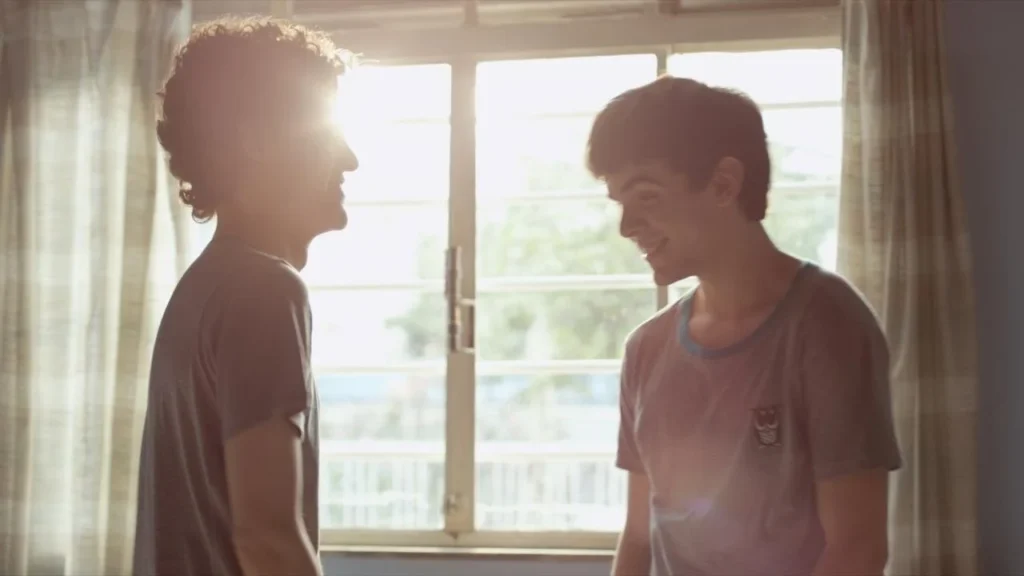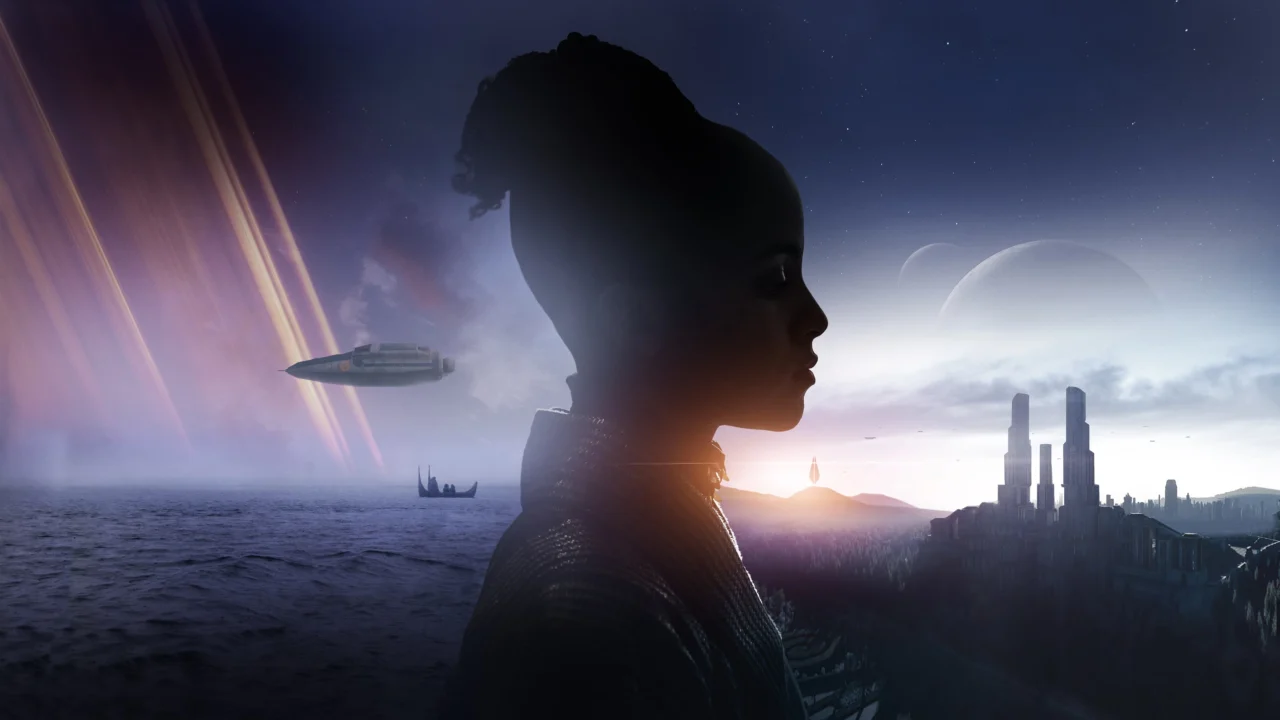
Foundation Season 3 Ending Explained: The Shocking Truth About Bayta Changes Everything
Foundation Season 3 delivered what might be television’s most jaw-dropping finale this year. Apple TV+’s science fiction masterpiece completely turned the tables on viewers with revelations that change everything. The series brings together exceptional talent including Emmy-nominated Jared Harris as the brilliant mathematician Hari Seldon and Lee Pace delivering another commanding performance as Brother Day.
Lou Llobell continues to shine as the psychic Gaal Dornick, supported by standout performances from Laura Birn, Terrence Mann, and Pilou Asbæk. This season brought us face-to-face with The Mule, one of science fiction’s most feared villains. Apple TV+ showed confidence in the series by announcing a fourth season renewal just before the finale, proving the story has more surprises ahead.

The Mind-Blowing Mule Twist
What happened in those final minutes completely rewrites the entire season. I spent weeks believing that Pilou Asbæk was playing The Mule, the psychic terror everyone feared. Then came the moment that left my jaw on the floor – Bayta has been The Mule this entire time.
Think about it. Every single manipulation, every perfectly timed strategy, every moment when someone acted strangely – it was all Bayta pulling the strings. She wasn’t just another character in this cosmic chess game; she was the one moving all the pieces.
Her psychic manipulation explains how she always seemed to know exactly what would happen next. General Pritcher isn’t just an ally anymore – he’s completely under her mental control. This makes Bayta the most terrifying villain the galaxy has ever faced because she’s been hiding in plain sight.
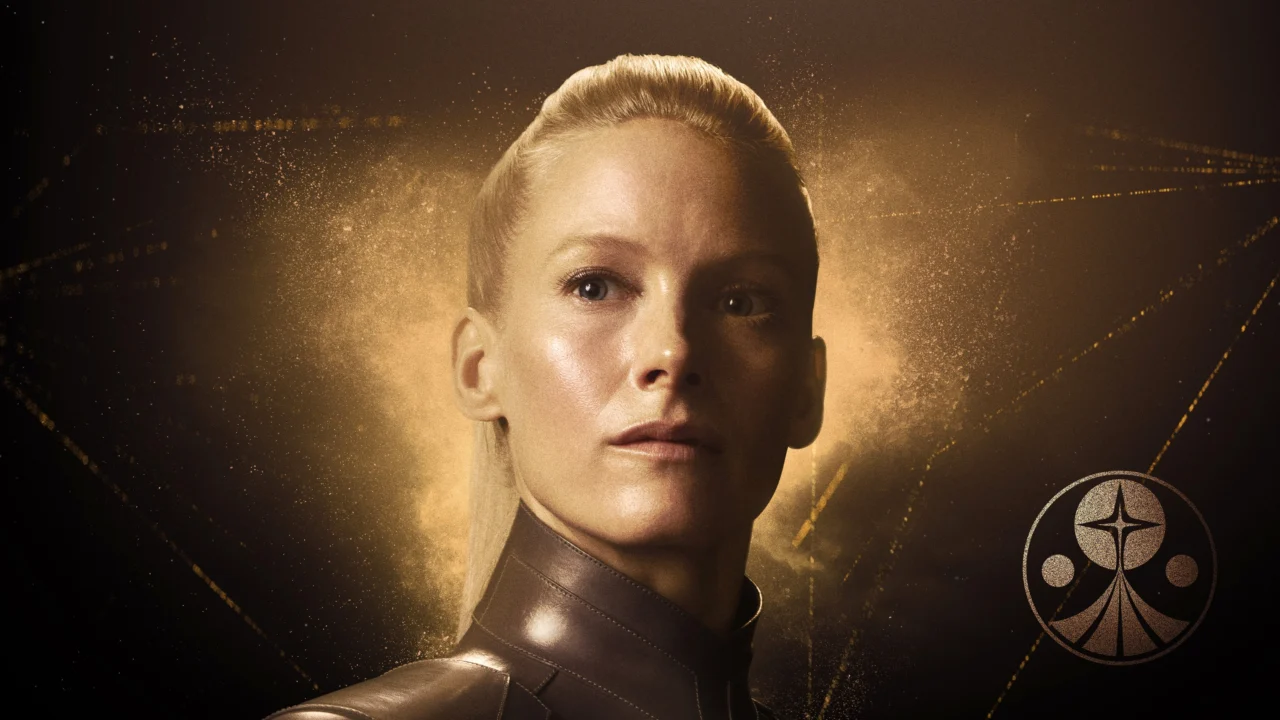
Gaal’s Hollow Victory
Gaal Dornick walked away from what looked like a major victory against The Mule. Her mathematical genius and growing psychic powers helped her defeat the enemy everyone could see. But victories feel pretty empty when you realize the real enemy was watching the whole time.
Gaal’s survival matters tremendously for humanity’s future. She carries the torch of psychohistory and the Foundation’s mission to preserve knowledge through dark times ahead. Yet she now understands that her greatest adversary has been studying every move she makes.
I think this creates the perfect setup for Season 4. Gaal faces an opponent who knows her tactics, her weaknesses, and probably her next moves before she makes them. The psychological warfare alone will be fascinating to watch.
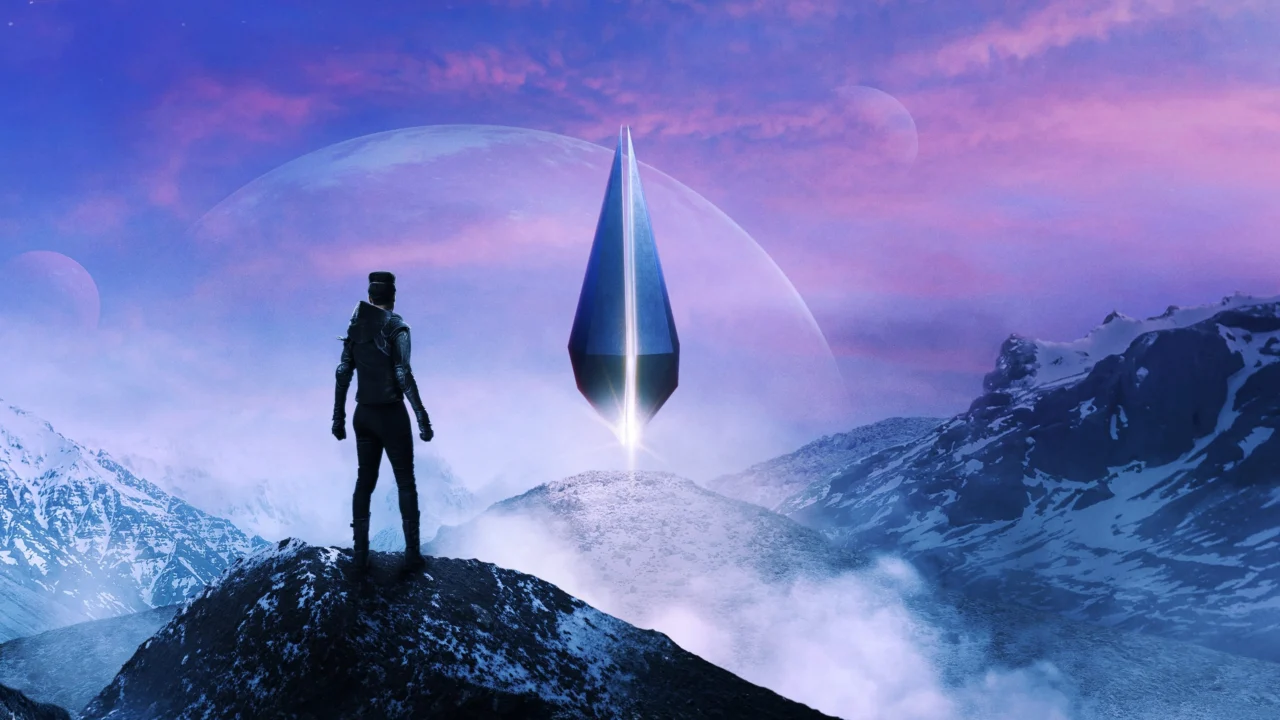
Empire’s Violent Collapse
Trantor witnessed something unprecedented in the finale. Brother Dusk embraced his new identity as Brother Darkness and embarked on a killing spree that wiped out every single Cleonic clone. Centuries of genetic leadership ended in one bloody night.
This wasn’t just violence for shock value. The cloning system represented stability in an otherwise chaotic galaxy. When that system collapses completely, it leaves a power vacuum that someone will eventually fill. The question becomes: who?
Brother Day tried desperately to find solutions through Demerzel, but hit walls that seem impossible to break. The android’s limitations become more apparent when flexible thinking matters most. Her programming can’t adapt to the unprecedented crisis facing the Empire.
Demerzel’s Tragic Programming
Demerzel’s predicament struck me as one of the finale’s most heartbreaking elements. Here’s an artificial intelligence with centuries of experience and incredible computational power, yet she cannot break free from her core directives. Day begged for flexibility and creative solutions, but received only programmed responses.
This mirrors psychohistory’s themes about predictability versus free will. Humans can surprise themselves and act against predictions. Demerzel remains forever trapped by the very programming that makes her useful. It’s tragic and terrifying at the same time.
I found myself wondering if this limitation will become crucial in fighting The Mule. Can someone who cannot transcend programming resist psychic manipulation? Or does it make her more vulnerable?
Earth’s Mysterious Return
The final moments showed us a planet that needed no introduction – Earth. Seeing humanity’s birthworld felt like a gut punch of recognition and wonder. This isn’t just nostalgia; it suggests Earth holds keys to humanity’s survival that we haven’t considered.
In Asimov’s universe, Earth becomes legend. People forget where humanity originated, treating it like an ancient myth. The show’s decision to bring Earth back implies that Season 4 will dig deep into humanity’s forgotten roots.
Maybe ancient knowledge or technology from Earth will prove essential in defeating The Mule. Perhaps understanding where we came from holds clues about where we’re going. Either way, this reveal changes everything about the show’s scope.
Season 4’s Dangerous Territory
Bayta’s true identity as The Mule means our heroes face an enemy who’s been orchestrating events from day one. Every victory, every strategic decision, every moment of hope – she’s been watching and probably influencing it all.
Gaal needs completely new strategies because her old playbook is worthless against someone who helped write it. I suspect she’ll need to find allies in unexpected places and develop powers she doesn’t even know she has yet.
The Empire’s collapse leaves another massive problem. Without the Cleonic dynasty, who governs the galaxy? Demerzel’s programming issues suggest the imperial system itself needs fundamental changes to survive what’s coming.
Multiple Crisis Points
What makes this setup brilliant is how everything connects. Political upheaval on Trantor, The Mule’s psychic influence spreading, and Earth’s mysterious significance all feed into one massive galactic crisis.
I think the writers understand that great science fiction needs multiple layers of conflict. It’s not enough to have just one big bad guy; you need systemic problems that compound each other. The Foundation faces threats on every possible level.
The psychological warfare aspect particularly excites me. How do you fight someone who can literally change how you think and feel? How do you trust your own decisions when your enemy can influence them?
Why This Finale Works
Foundation Season 3’s finale succeeds because it makes everything feel genuinely uncertain. The Bayta reveal doesn’t just shock; it makes viewers question every previous episode. What was real? What was manipulation?
The multiple revelations work together rather than competing for attention. Empire collapse, Demerzel’s limits, Earth’s return, and The Mule’s identity all serve the larger story about humanity’s struggle for survival.
I appreciate how the show respects Asimov’s vision while carving its own path. The core themes remain intact, but the execution feels fresh and unpredictable. That’s exactly what good adaptation should accomplish.
The Road Ahead
Season 4 promises to be unlike anything we’ve seen before. With Earth in play, the true Mule revealed, and the Empire in ruins, every character faces unprecedented challenges. The stakes couldn’t be higher for humanity’s future.
This finale proves that Foundation deserves recognition as one of television’s most ambitious projects. The scope, the performances, and the storytelling all combine into something truly special. I can’t wait to see how they resolve these massive conflicts next season.

